Back in 1882, exactly 100 years before I was born, the Four Nations rugby competition was formed. It was originally contested between England, Wales, Scotland and Ireland, and the fortunes of the different teams have varied through the years.
Scotland and England shared early successes, but with the turn of the century came numerous changes. Four became five with the addition of the French — but the team didn’t have the same flair that we know well from the modern game. The French struggled, winning only once in their first five years — how my heart bleeds for them!
War left the Five Nations on the sidelines, but when it resumed in 1947 there was a slight change of the guard. Ireland, who had shown mixed form up until then, won the competition several times before the French finally buckled down, dominating from the mid-1950s and through the 1960s.
In the 1970s the Welsh flexed their muscles, finishing the decade by winning three grand slams (victories over all the other teams) and one triple crown (victory over England, Scotland and Ireland), and with legendary players on their side such as J.P.R. Williams and Gareth Edwards. That truly was a generation that we’ll never forget.
Fast-forward through two decades, and two years after the Five became Six with the addition of Italy in 2000, I was lucky enough to pull on the white jersey of England for the first time. It was scary enough having to face New Zealand’s Jonah Lomu in my first international — but just when I thought it was all over and I could relax, as part of my initiation on to the team I had to stand up at the front of the England team bus — in front of all the players and management — and sing a song while being booed by my supposed team mates. I chose the theme from Friends — probably because it was the only song I knew!
My first Six Nations came in 2003, when we went on to win the grand slam. One thing I noticed about the Six Nations compared with a normal international was the level of intensity and pressure. Clearly everyone wants to win, but there is definitely the feeling that England are the side the other countries want to beat the most.
I remember one year crossing the Severn Bridge to take on the Welsh. As we drove through Cardiff in the England bus, emblazoned with the red rose, we attracted the attention of a number of Welsh supporters walking to the game while eating their pre-match sausage and chips. Let’s just say that they decided to share their dinner with us. This was far more than ‘just’ a rugby match.
Times have very much changed since the beginning of this historic competition. The most obvious example of this is that today, five out of the six countries have head coaches who are not from the country they are representing. The Six Nations is a very special competition which, for me, marks the change of season from winter into spring. And the sense of pride I had as a player representing my country is something that will live with me for ever.
Got something to add? Join the discussion and comment below.
Get 10 issues for just $10
Subscribe to The Spectator Australia today for the next 10 magazine issues, plus full online access, for just $10.
James Simpson-Daniel retired from professional rugby in 2014, and is now a bookmaker at Fitzdares.
You might disagree with half of it, but you’ll enjoy reading all of it. Try your first month for free, then just $2 a week for the remainder of your first year.

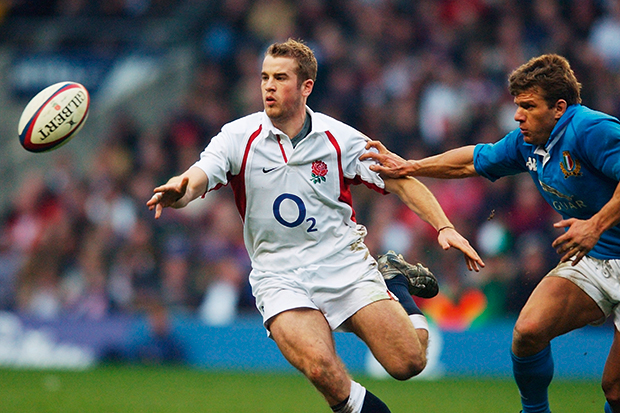
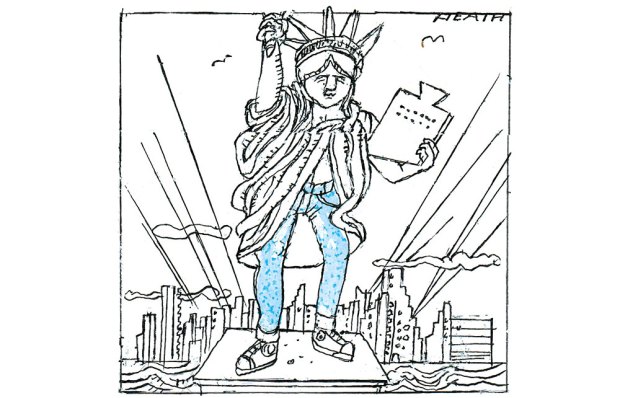
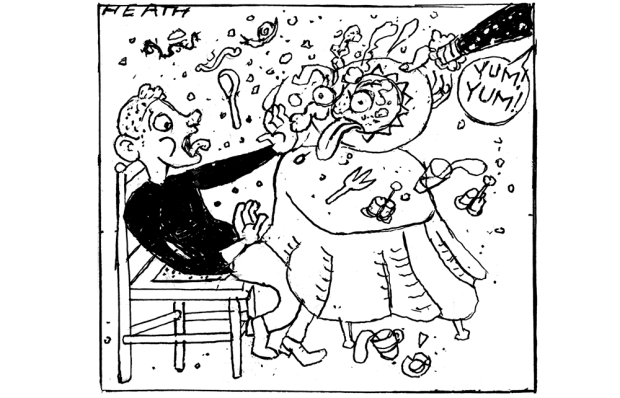
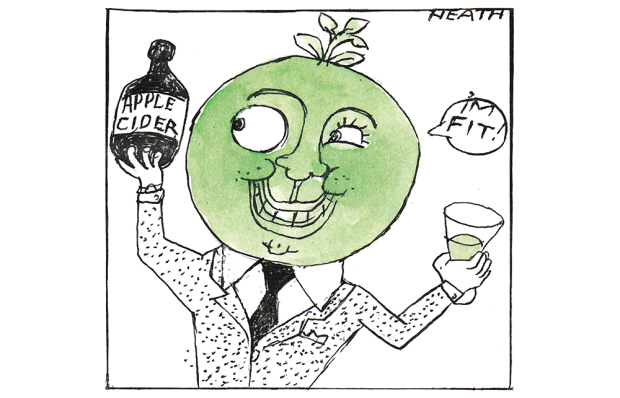
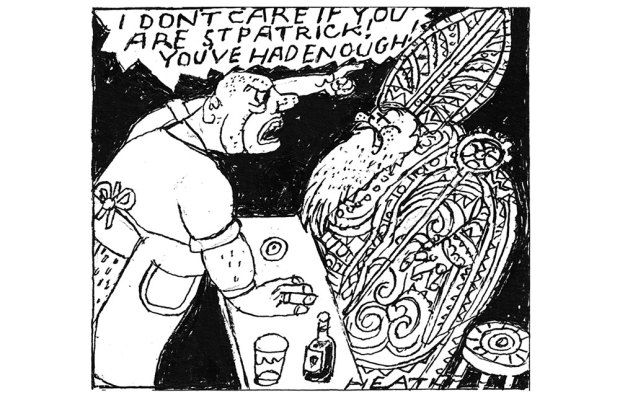
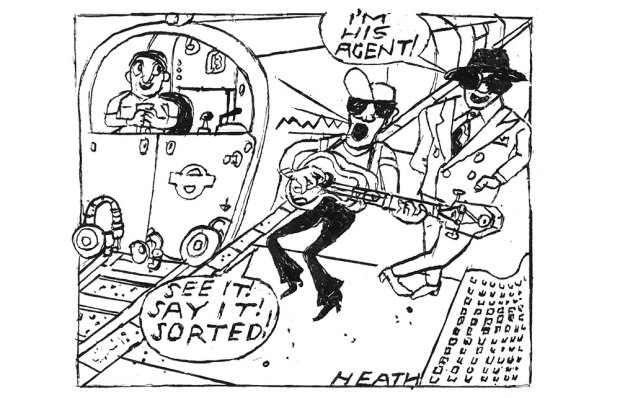
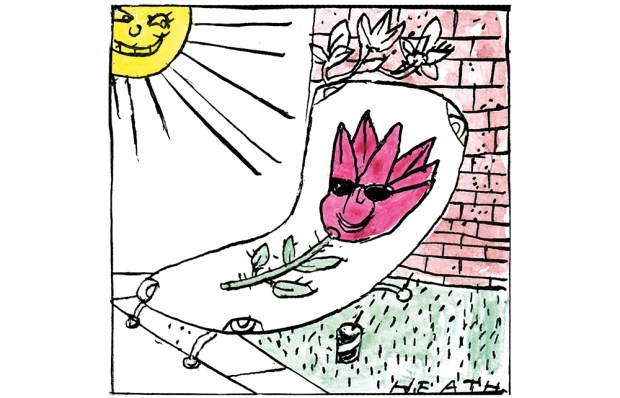






Comments
Don't miss out
Join the conversation with other Spectator Australia readers. Subscribe to leave a comment.
SUBSCRIBEAlready a subscriber? Log in